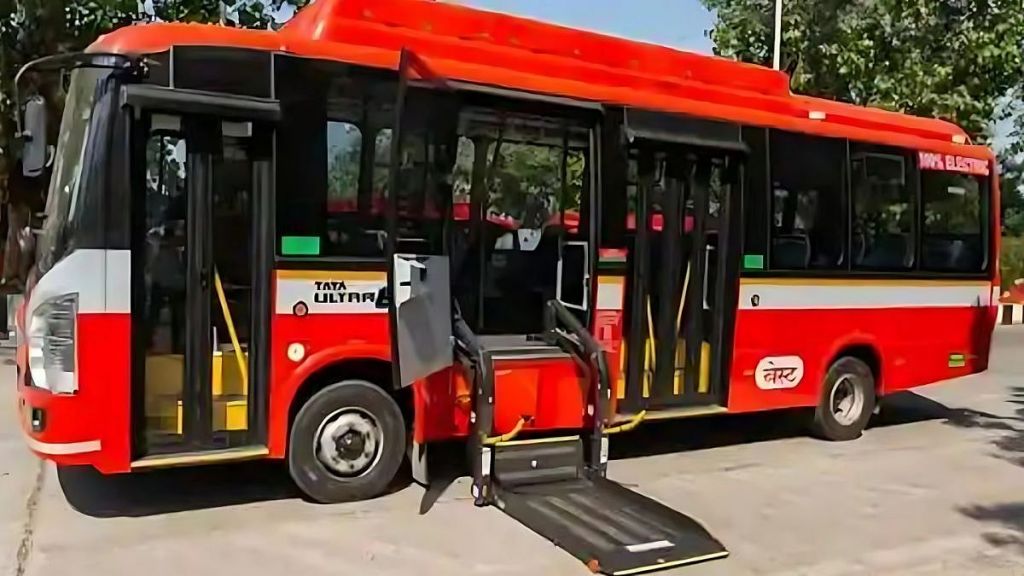
Mumbai: Thousands of drivers and conductors working on wet lease buses for the Brihanmumbai Electric Supply & Transport (BEST) undertaking are set to protest on Tuesday, February 25, 2025, demanding pay parity and benefits equivalent to those of permanent BEST employees.
These workers, employed by private contractors like Daga Group, Mateshwari Urban Transport Solutions Pvt. Ltd., BVG India Ltd., and others, argue that despite performing the same duties as permanent staff, they face significant wage disparities and job insecurity. The protest driven by various unmet demands, led to disruptions in bus services earlier this morning.

'Equal Pay For Equal Work' Demanded By Protestors
The protestors are advocating for the implementation of the 'equal pay for equal work' principle, emphasizing the essential and continuous nature of their roles. "To press their demands, workers will march to Azad Maidan on Tuesday, February 25, at 12:30 pm. A delegation will also submit a memorandum to Deputy Chief Minister Eknath Shinde and the Commissioner of the Brihanmumbai Municipal Corporation (BMC)," said a union leader.
Union leader Shashank Rao confirmed the protest and mentioned that most workers are likely to join after their shifts to avoid disrupting bus services. Currently, BEST operates nearly 3,000 buses, with approximately two-thirds of them supplied by private contractors under a wet lease model.
Under this model, private operators are responsible for bus maintenance and driver salaries. However, the arrangement has had its challenges. Previous strikes by contractual employees have impacted services. In January, a sudden strike by workers of another private operator at a Mumbai depot partially disrupted BEST operations.
Crisis Grips BEST Undertaking
The strike highlights the persistent issues within the BEST undertaking, which has been struggling with a financial crisis and a shrinking bus fleet. At its peak, BEST managed nearly 3,600 self-owned buses operating on about 500 routes. Today, the fleet has reduced to 2,911 buses, with only around 1,000 being self-owned. The number of operational routes has also dropped to between 300 and 350.
Operational difficulties worsened in October when a wet lease supplier withdrew 280 buses from service, adding to the strain on Mumbai’s public transport network. As BEST increasingly relies on wet lease models, disruptions from strikes and supply issues are becoming more frequent, raising concerns about the stability and reliability of the city’s public transportation system.
(with inputs from Kamal Mishra)